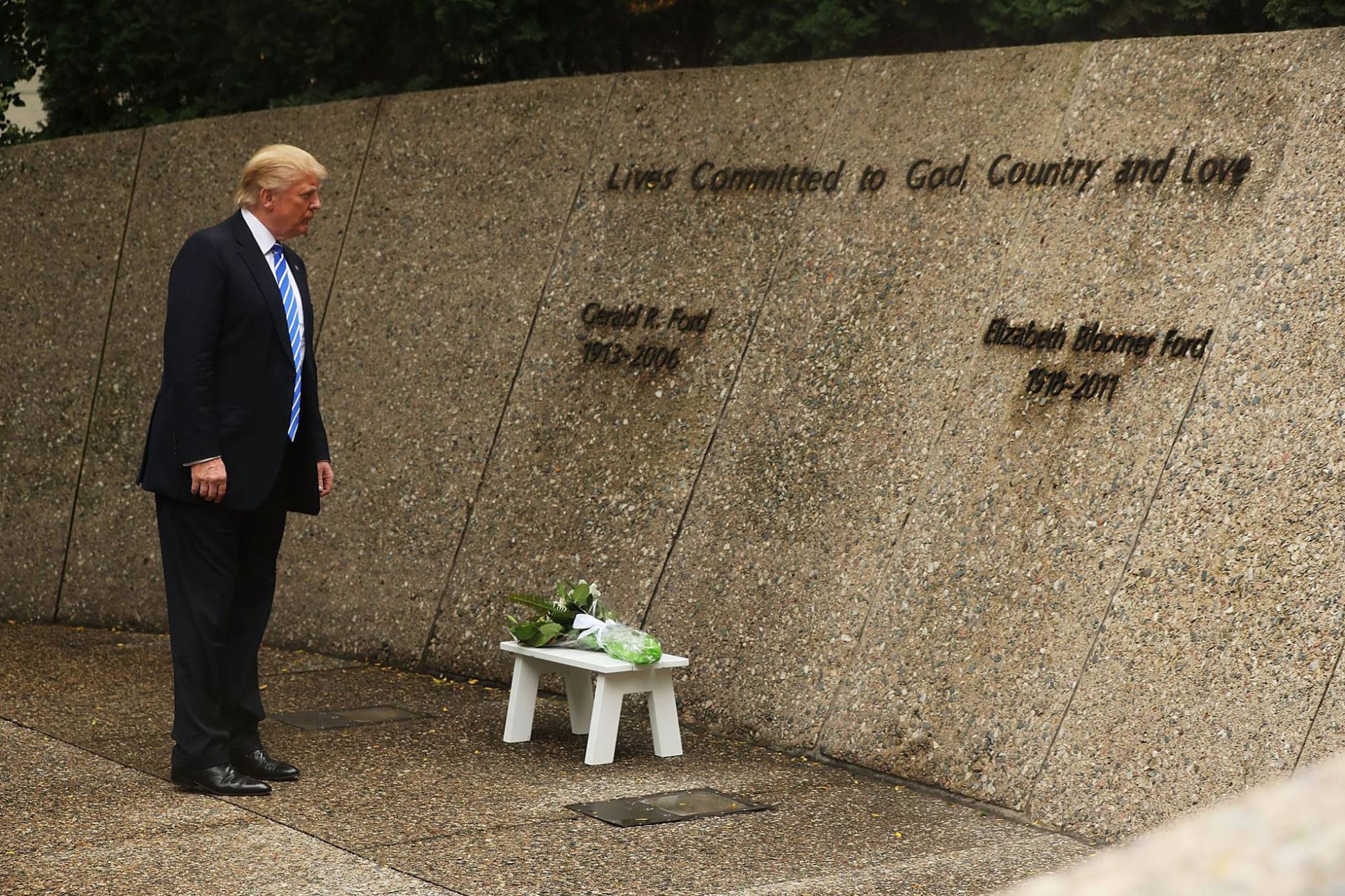
Insisting on repeating or emphasizing something without getting results is a useless exercise that leads to despair. But occasionally, it seems to be in one’s best interest to persist. This is the case with Donald Trump who, rather than having his U.S. presidential campaign derailed, remains likely to give everyone a big shock by becoming president. It is an unlikely outcome, but nevertheless a frightening one for a world that is immersed in a colossal migration crisis and growing unrest. Trump is a global populist brand offering simple solutions to complex problems. A good example is the referendum taking place tomorrow in Hungary on immigration; something which is also increasing in France, Austria, Germany, Sweden, the Netherlands, Denmark and the United Kingdom.
Trump’s method is a simple one: it is about unleashing emotions, despising the truth, and stoking the politics of fear. Immigrants: expel them. The media: liars. The ruling elites: thieves. The elections: rigged. Free trade that steals domestic jobs: isolationism. The responses create a series of false positives that reinforce the prejudices of voters who are held prisoner by their economic anxieties. As a result, it is very difficult to confront this populist strength of emotion with rational arguments.
Although she won the first television debate, Hillary Clinton has not managed to pull away from Trump; this is not because the charlatan millionaire is on the rise, but because Clinton has trouble reaching at least 40 percent of the vote, without which it is impossible for her to win. Trump reinforced his caricature, and above all, his lack of preparation for the presidency. His ignorance about the world and his own country is abysmal. Clinton pointed out that he is a fraud and she demonstrated that she had prepared for the debate and also to be president.
Trump boasts of having a winner’s intuition and temperament. His intelligence stems from his ability – as he pointed out during the debate – to avoid paying taxes. It is hard to keep going on about what appears to be a caricature, but we must. It is a terrible mistake to consider Trump a normal candidate who is the product of the U.S. system and culture. He targets his fanaticism and rage against the logic with which Clinton operates. He despises women, diversity and freedom of expression. He has kicked over the board on which democracy is played.
The story is not over yet. Old demons are reappearing and it is worth remembering that national suicide is possible; it happened in the twentieth century with Nazi Germany. Americans have not gone mad and we must hope that the campaign, with two further television debates, will continue to make it clear that the Republican candidate is an imposter whom the mainstream media must subject (and it’s high time they did!) to relentless scrutiny which dismantles his own constant demolition of the truth.
Clinton is not a good candidate, but she is ready for the White House. This week, the conservative columnist George F. Will wrote that Trump is America’s Fernando VII; the felon king who, after regaining the Spanish throne in 1813, made a promise to “put a stop to the dangerous habit of free-thinking.” Michelle Obama has been more direct: “We need an adult in the White House.” Clinton is that adult.

Leave a Reply
You must be logged in to post a comment.